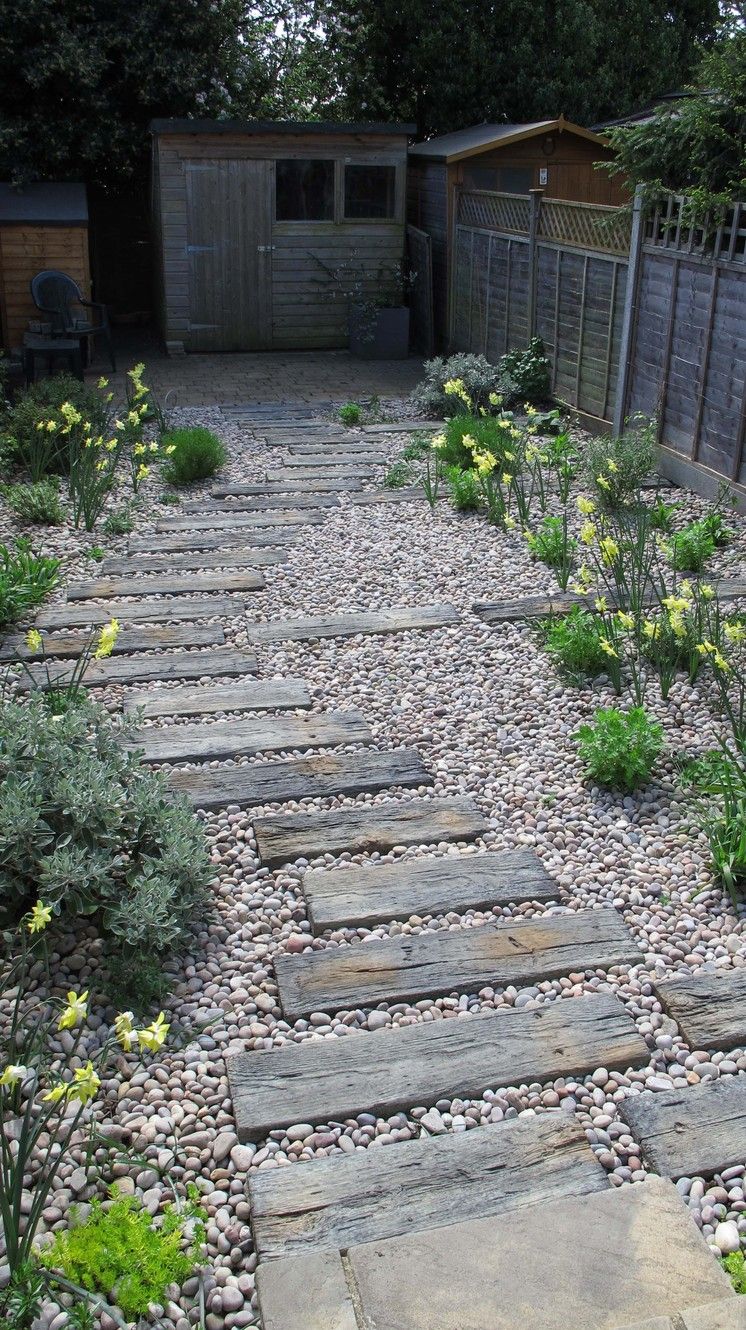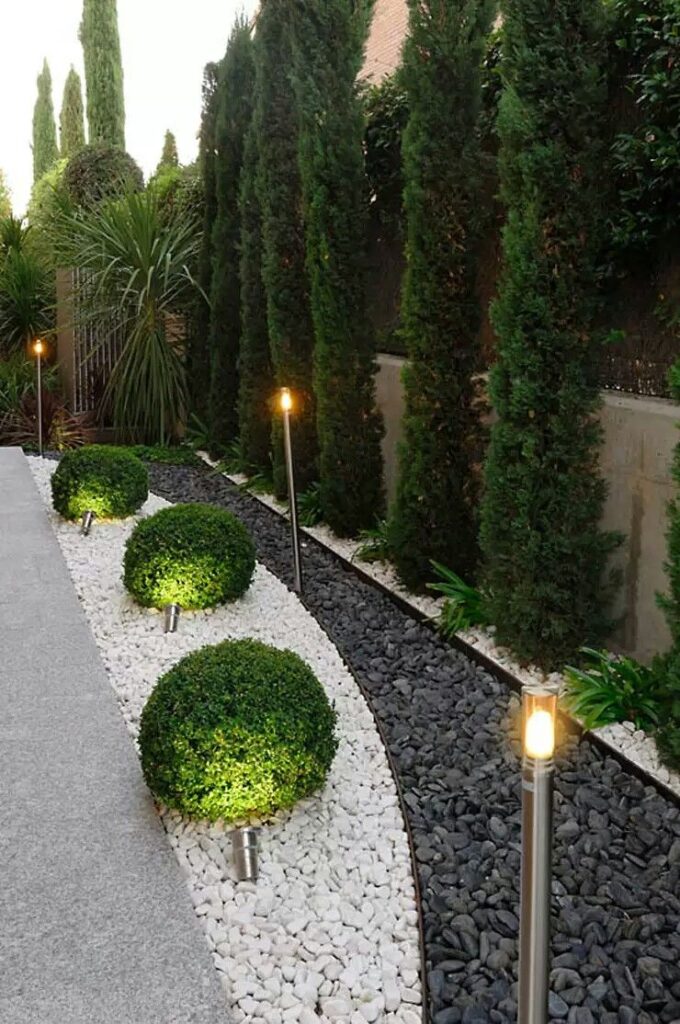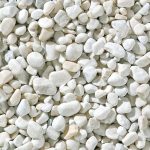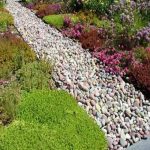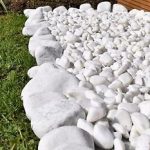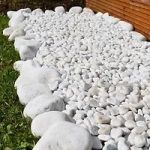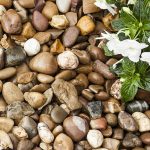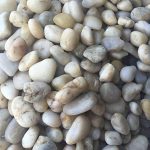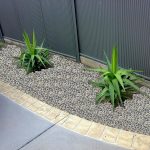Garden pebbles: These are small-sized, colored stones that can be used for decorative purpose. They are constituents of glossy stones-conglomerates. These rocks also come in different textures and can contain other small streaks of other minerals or particles. Though, they are smooth most of the times.
If you are planning to use garden pebbles; first you need to polish it to improve the texture which is essential. Sorting according to color and size I also mandatory to ensure that there is uniformity. Beach pebbles are mostly used for outdoor decoration where they are applied in landscaping to construct structures, and they can be employed as the decorative elements themselves.
These types of pebbles are used to cover pathways, driveways, and walkways in a compound. Other applications include covering pool docks and the path around pools, used coat plant containers both inside and outside for aesthesia.
Can be applied on patios and balconies, create an impression of a smart water compound where there is the scarcity of water and if the case with large pebbles, children pet rocks can be curved from them; this happens so because they are easy to cut.
Benefits: Protect items and flows. Being stone in nature, it is tight and stiff to external pressures. Pebbles on plant pots, for example, protect it from cracking but maintain the beautiful profile. Garden pebbles are a source of beauty. They create an impression called tesserae Pebbles that make a flashy and beautiful scene. They are shiny hence the reflective nature of water surface that is usually beautiful to look. Pebbles are artistic in nature and that being said, they create that attraction and harmony with the immediate environment by coming in many colors, shapes, and sizes.
Where to found it: Garden pebbles are found in many places specifically those with water bodies nearby. These bodies are the ones responsible for the transportation of these rocks from their parent rocks. These large stones made of these pebbles are known as conglomerates. These rocks have different component properties that will either differentiate them regarding composition, color, the size of individual particles and texture. Seabeds, for example, have a lot of these rocks.
 Garden and patio decoration inspiration
Garden and patio decoration inspiration
